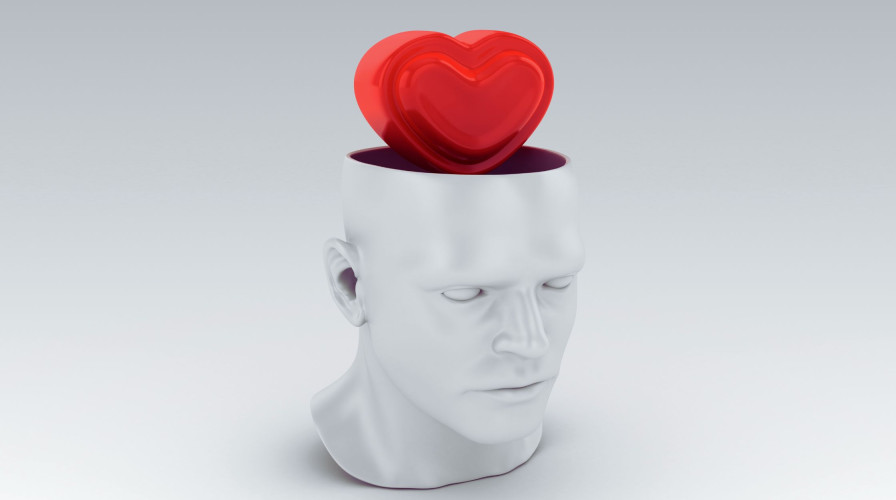Love is one of the most powerful emotions, driving human behaviour and shaping relationships. But what exactly makes us fall in love? Is it purely emotional, or is there a scientific explanation behind attraction? This article delves into the psychology of love, exploring what science says about why we are drawn to certain people and how attraction works on both a physical and psychological level.
The Biological Basis of Attraction
Attraction is often driven by biology, with certain physical and chemical processes playing a significant role. One of the primary factors is the release of neurotransmitters like dopamine, serotonin, and oxytocin, which create feelings of pleasure, happiness, and bonding. These chemicals are often referred to as the "love hormones" and are responsible for the euphoric feelings associated with being in love.
1. Dopamine: The Pleasure Chemical
Dopamine is a neurotransmitter that plays a crucial role in the brain's reward system. When we experience something pleasurable, such as eating, achieving a goal, or being with someone we love, dopamine is released, creating a sense of happiness and fulfilment.

2. Oxytocin: The Bonding Hormone
Oxytocin, often called the "cuddle hormone," is released during physical touch and intimate moments, such as hugging or kissing. It promotes bonding and increases feelings of trust and attachment, strengthening the emotional connection between partners.

3. Serotonin: The Mood Stabilizer
Serotonin helps regulate mood and emotions. In the early stages of love, serotonin levels can fluctuate, leading to the obsessive thoughts and feelings often associated with infatuation.

Psychological Factors Influencing Attraction
Beyond biology, psychological factors also play a significant role in attraction. Our preferences, desires, and emotional needs are shaped by various psychological influences, including our upbringing, personality, and past experiences.
1. Similarity and Shared Values
One of the most significant predictors of attraction is similarity. People are often drawn to those who share similar values, beliefs, and interests. This similarity creates a sense of understanding and comfort, making it easier to connect on a deeper level.
2. The Role of Proximity
The psychology of love also highlights the importance of proximity, or physical closeness. The more we interact with someone, the more likely we are to develop feelings of attraction. This is known as the "mere exposure effect," where repeated exposure to someone increases our liking for them.
3. Reciprocity: The Give-and-Take of Love
Reciprocity is the mutual exchange of feelings and actions. We tend to be attracted to people who show interest in us, creating a positive feedback loop that reinforces attraction. When someone reciprocates our feelings, it validates our emotions and strengthens the bond.
The Influence of Social and Cultural Factors
Social and cultural factors also significantly impact our understanding of love and attraction. Cultural norms, societal expectations, and media portrayals of love can shape our ideals and influence whom we find attractive.
1. Cultural Norms and Ideals
Different cultures have varying ideals of beauty, behaviour, and relationships. These cultural norms can influence our preferences and expectations in romantic partners. For example, certain cultures may prioritize physical appearance, while others may value personality traits or social status.
2. The Impact of Media
Media, including movies, television, and social media, often portrays idealized versions of love and relationships. These portrayals can create unrealistic expectations, influencing how we perceive attraction and what we seek in a partner.
The Complexity of Love: Beyond Attraction
While attraction is an essential component of love, it is just the beginning. Love is a complex emotion that involves commitment, trust, and mutual respect. Building a lasting relationship requires more than just initial attraction; it involves understanding, communication, and a willingness to grow together.
The psychology of love and attraction is a fascinating field that reveals the intricate interplay between biology, psychology, and social influences. While the science behind love can explain many aspects of why we are drawn to certain people, it also highlights the complexity and uniqueness of human relationships. By understanding these factors, we can gain a deeper appreciation for the powerful emotions that drive us and the connections we form with others.









